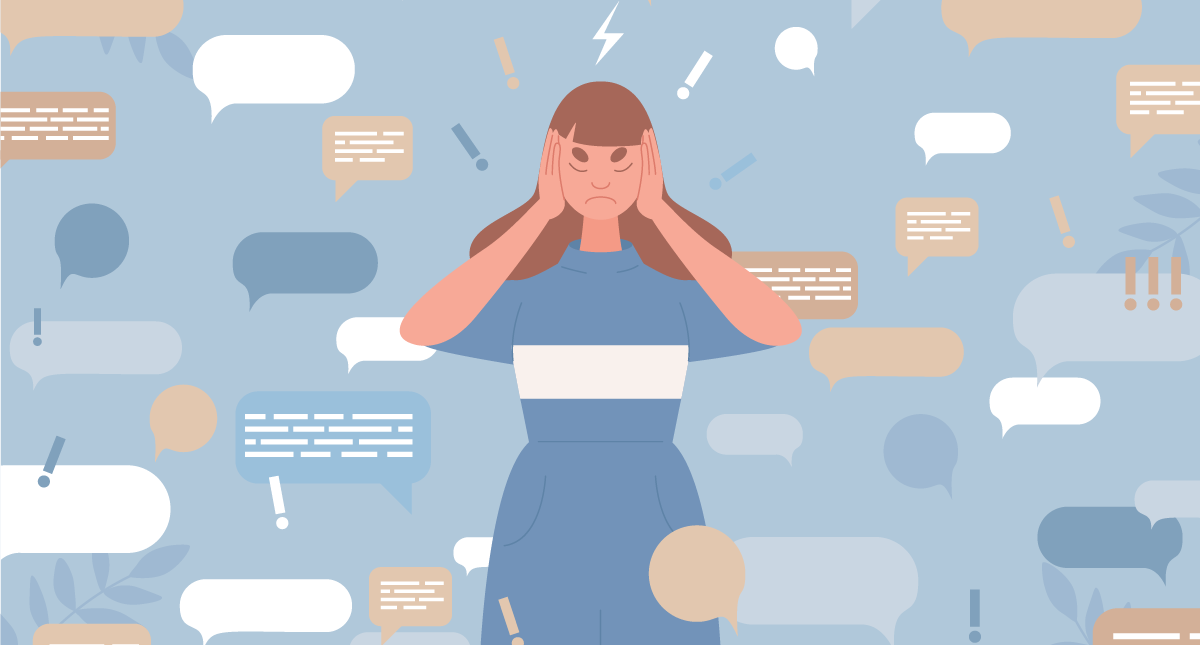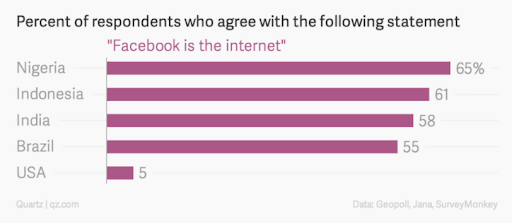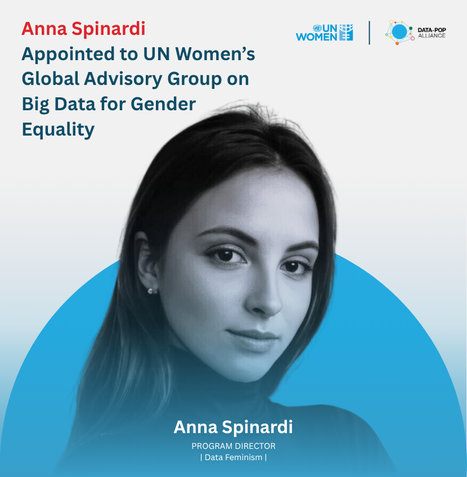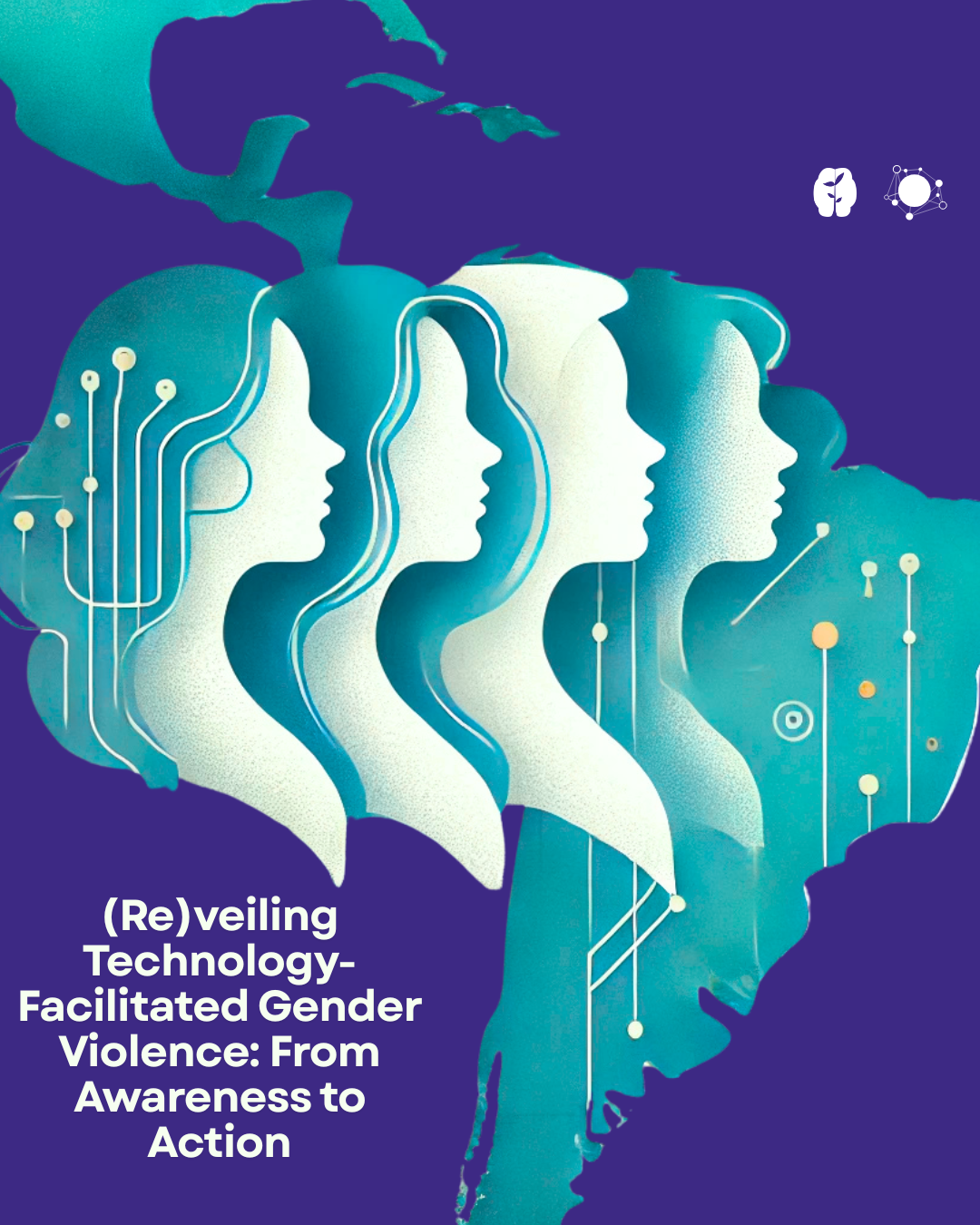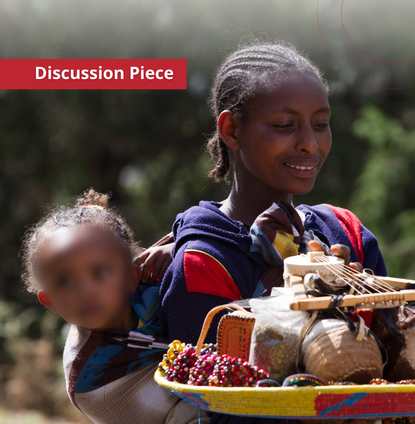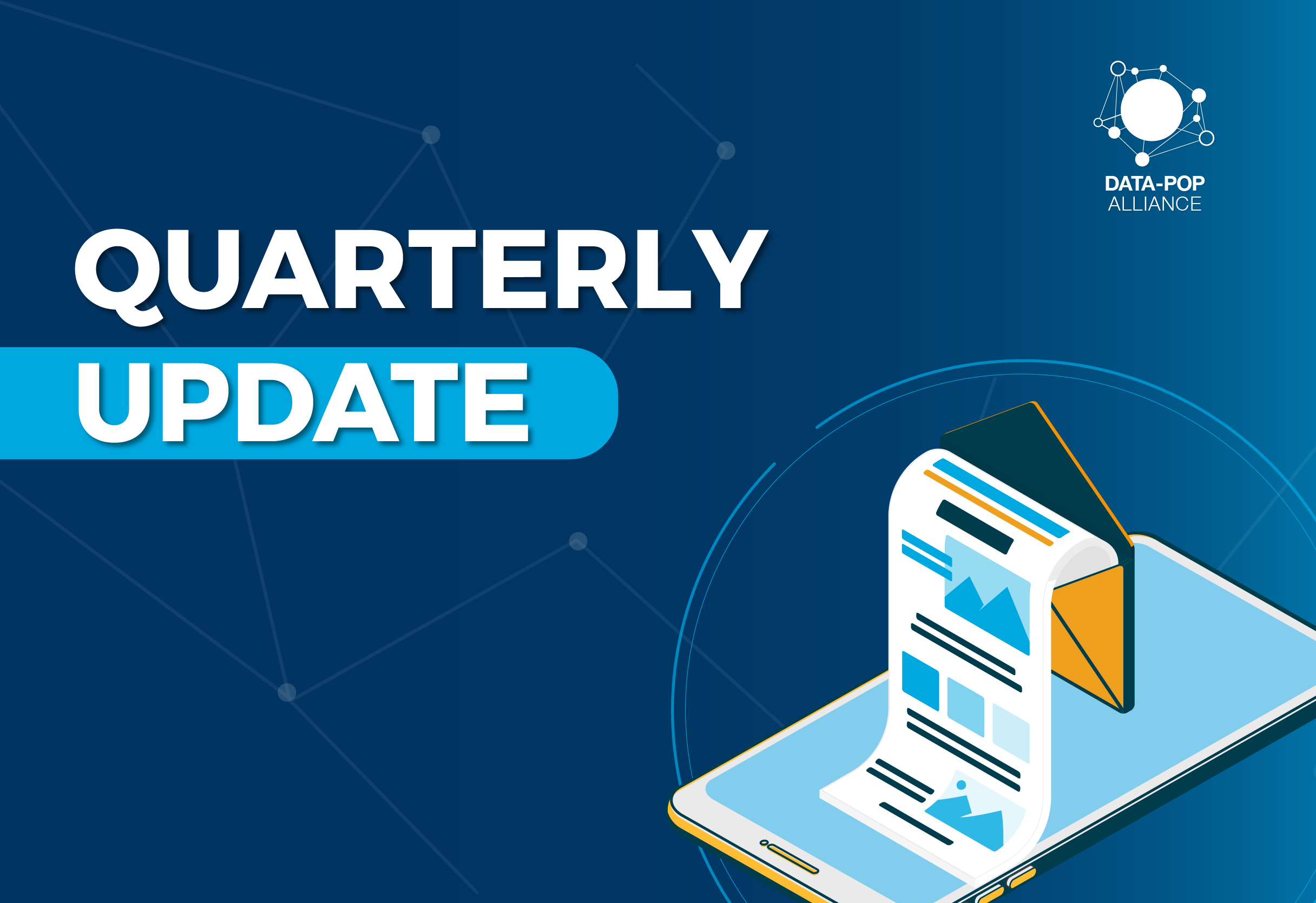DISCUSSION PIECE
This piece was written within the framework of our cycle on “Capitalism in Social Media“, created in collaboration with Eureka. Eureka is a non-profit social media platform and club where users discuss content pieces (e.g. movies, books, etc.) to open conversations about the larger issues that matter to all of us. Sign up for the cycle here.
As digital technologies continue to advance at a rapid pace, many tools that maintain the colonial-capitalist system have adapted to our current “modernity”. Through the collection of enormous amounts of data from users of digital platforms, (which is then used for targeted advertising to bolster our consumerist society or even for governmental surveillance) the systems which have been oppressing the disenfranchised for centuries have been able to reinvent themselves.
Colonialism vs. Coloniality
According to Decolonial Theory (popularized by authors such as Aníbal Quijano and Ramón Grosfoguel), coloniality and modernity are one and the same. Here, it’s important to note the difference between colonialism and coloniality. The first refers to the historical period during which certain European nations colonized much of the world; imposing their laws, exploiting native populations and territory, and in the most extreme cases, committing genocide against those same populations. The colonial period came to an end with the uprising of independence movements throughout Latin America, Africa, and Asia.
Coloniality, however, is a much more nuanced concept. All forms of oppression that currently exist, such as racism, sexism, homophobia, labor exploitation, and social inequality, are part of what the authors conceptualize as a “colonial matrix of power” or simply “coloniality”. Often described as the “darker side of modernity”, this concept allows for a more complete understanding of the ways in which systemic tools of oppression are related and complement each other, and allow for the continued domination of the Global South by the Global North (as the authors explain in their works). This colonial matrix of power has the ability to adapt and root itself deeply into society, to the point where it becomes hard to identify, and therefore even harder to fight against.
Zero-rating and the New "Digital Colonialism"
That said, in recent years, some authors have conceptualized a new form of systemic oppression that evolved together with the advancements in technology, which they labeled “digital colonialism”. Currently, there are many ways by which the Global North, specifically the United States, is creating a “tech hegemony”, similar to the economic and political hegemonies it maintains around the world. Examples of how Big Tech is achieving global domination of digital technology can be found here and here. Additionally, it seems that each passing week brings a new article exposing how social media platforms are compromising our right to privacy and fostering digital dependence. In line with these developments, this article will address the effects that zero-rating practices have on spreading disinformation, specifically in my home country, Brazil.
First of all, what is zero-rating? It is actually just an unusual name for a very common concept, referring to digital usage which is “mainly implemented on mobile networks and based on the sponsorship of the data consumption related to a limited set of applications, which is not counted against the user’s data allowance”. Or in simpler language, “free data” (as long as the user is on certain platforms or applications). This practice began with the Facebook program “Internet.org”, whose slogan was “Connecting more people to the internet to bring the world closer together”, which at first glance appears to be an inclusive and democratic goal. However, that isn’t how it turned out, and eventually the company had to rename their application “Free Basics”, after several net neutrality activists pointed out major issues with the program, including its contributions to the creation of an unfair marketplace. After more than a year of legal battles, the Telecom Regulatory Authority of India (TRAI) decided to ban it, along with any other zero-rating practices in India – which is one of Facebook’s biggest markets. Unfortunately, there are many countries that still allow these practices to continue. However, with the growth of Net Neutrality ideals, this scenario might be changing.
Net Neutrality
The main principle of Net Neutrality, according to the Oxford Dictionary, is that “internet service providers should enable access to all content and applications regardless of the source, and without favoring or blocking particular products or websites”. Indeed, zero-rating practices benefit certain applications (in Brazil, mostly WhatsApp and Facebook) by sponsoring their use and offering them for “free”, by making it so that their usage isn’t counted against the “ data cap” on the user’s paid mobile plans. This in turn drives huge amounts of traffic to these platforms, benefitting the multi-billion dollar companies that own them, and contributing to the monopolies in the tech sector which make it harder for smaller companies to enter the market and compete.
Returning to decolonial theory (mentioned above), the huge amount of metadata collected from users in the Global South presents not only worrying privacy implications, but also gives Big Tech the power to control what information these users actually receive. There are several research articles exposing the ways in which Facebook uses behavioral theory to control and influence its users’ behavior, with effects on their purchasing patterns and even on electoral outcomes. Therefore, allowing zero-rating practices – that were created for the Global South market- means allowing a very small group of people to effectively control the behavior of millions. Additionally, these practices contribute to what some call the “minitelization of the Internet”, or the development of an online environment where most users have no creative power, but only the ability to consume pre-determined content. This inhibits innovation in digital spaces, further contributing to the maintenance of Big Tech’s monopoly.
The Spread of Misinformation
Last but certainly not least, one of the fastest growing concerns related to zero-rating is how it can facilitate the spread of disinformation. Focusing on Brazil, (although similar situations are playing out all over Latin America and the world), the popularity of WhatApp has grown so much that nearly every business, institution, hospital, school and other public and private facility uses it to communicate with their consumers or clients. It’s even more popular here than in the US (where it was created), with 93% of Brazilians being active users. This statistic is directly related to the fact that many mobile plans, offered by the largest telephone companies in the country, sponsor the data “caps” that fuel the demand for this type of “free” application.
Herein lies the problem, for example, when someone receives a WhatsApp message with shocking news and clicks on the link, they cannot access the full website because they don’t have enough mobile data. Subsequently, they are left only with a biased title and no ability to confirm whether the information is true or false. It becomes almost impossible for low-income populations to verify information they consistently receive, due to their lack of access to mobile data. Additionally, sharing unverified content becomes more and more common, which contributes to the spread of fake news.
The Brazilian Context
Due to zero-rating, 164 millions of Brazilians don’t consider themselves “Internet users”, as they only use messaging apps and social networks on their phones, rather than using their data allowance due to the “courtesy” offered by Big Tech service providers. That figure represents 87% of all Brazilian Internet users, meaning that the chances of false information spreading via WhatsApp is very high. This has a massive influence on how people receive and understand news, and also on how they share information (even if they are unable to verify its validity).
Unfortunately, if nothing is done, this problem will only continue to worsen. With the impact of the COVID-19 pandemic, the National Telecommunications Agency (Anatel) reported that mobile access has increased 3.26% and also that mobile phones are the main source of internet access in the country. If zero-rating practices are not constrained, it can be expected that the current percentage of Brazil’s population (55%) that believe “Facebook is the internet” will also continue to grow.
Not only does it become harder to fact-check information as zero-rating spreads, it promotes more usage of Facebook, a company that uses algorithms that distort reality by boosting conspiracy theories, which is increasingly visible through the spread of COVID-19-related misinformation. Revelations from the Facebook Papers helped verify claims that Internet-focused civil society groups have been making for years, namely: “Facebook’s algorithmic amplification of inflammatory content, combined with its failure to prioritize content moderation outside the US and Europe, has fueled the spread of hate speech and misinformation, dangerously destabilizing countries around the world.”
In Brazil, the spread of fake news, including by the administration of President Jair Bolsonaro, has been under investigation since 2019 by a Parliamentary Commission (Comissão Parlamentar Mista de Inquérito – CPMI) created by the National Congress. There is growing evidence of operations, linked to the office of the Presidency, aimed at organizing and coordinating the spread of misinformation throughout the country, mostly through WhatsApp groups, as it is easy to forward messages to thousands of people on that application.
Initiatives and Ways Forward
While the situation may seem bleak, there is cause for hope! In many countries, including Brazil, the principle of Net Neutrality is already established by law, which is an important first step, but it is not enough. Every year there is an increase in the number of civil society groups providing data literacy and fact-checking initiatives, such as the Digital Citizen Program, which offers digital education classes to public schools in Brazil. It is also crucial that social projects focus on the importance of data literacy, as Data-Pop Alliance has done in many past projects. Furthermore, the creation of community networks aimed at teaching people how to build the necessary infrastructure for internet connection (and therefore become their own internet provider), may become a viable alternative to obtaining internet access through telephone companies. There are already projects doing important work, including those that send educators to small villages to teach people how to build and maintain the infrastructure, such as this project in Maranhão, Brazil.
In these ways, community networks and data literacy projects can be the solution to bridge the connectivity gap without subordinating user’s to the very limited internet experience facilitated by zero-rating, which fosters the spread of disinformation and uses digital tools to maintain the dominance of the Global North over the Global South. The internet is supposed to be open, globally-connected, secure, and trustworthy for everyone, and it’s crucial to fight for a world where this becomes the rule rather than the exception.
About the author: Laila Lorenzon is a Fundraising Intern with Data-Pop Alliance. She is Brazilian, and is currently studying International Relations at the Federal University of Rio de Janeiro.

